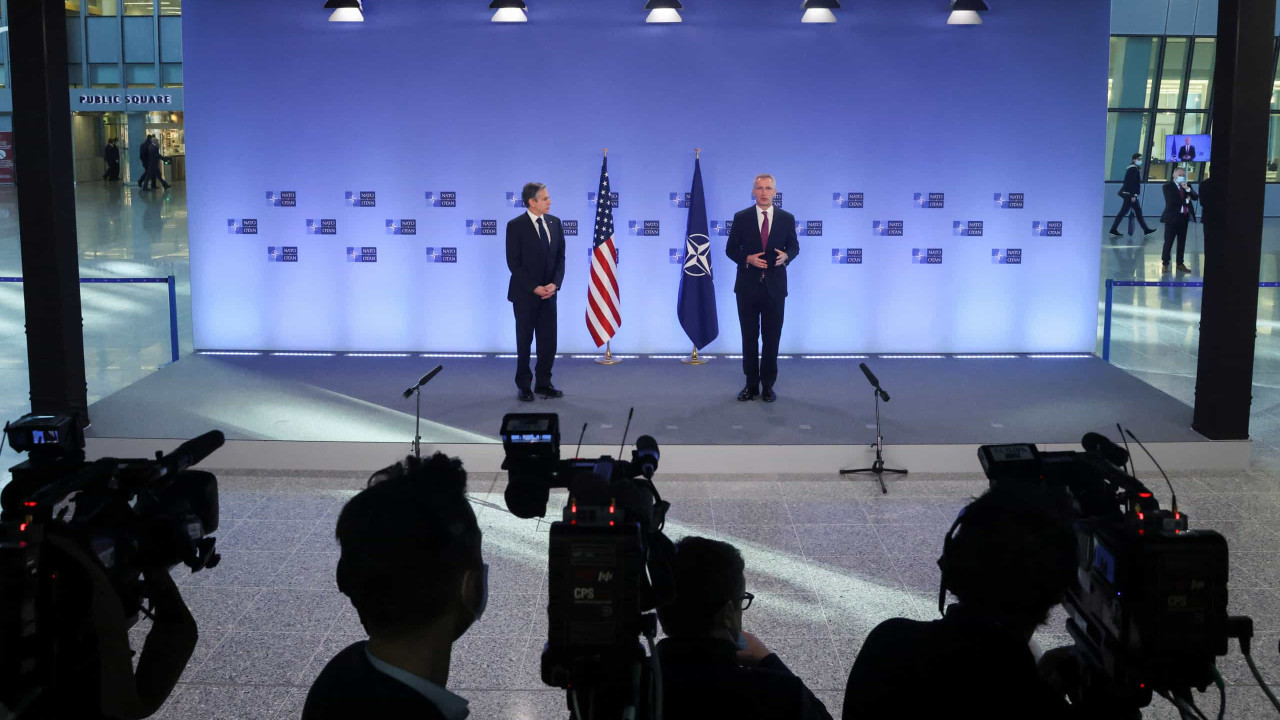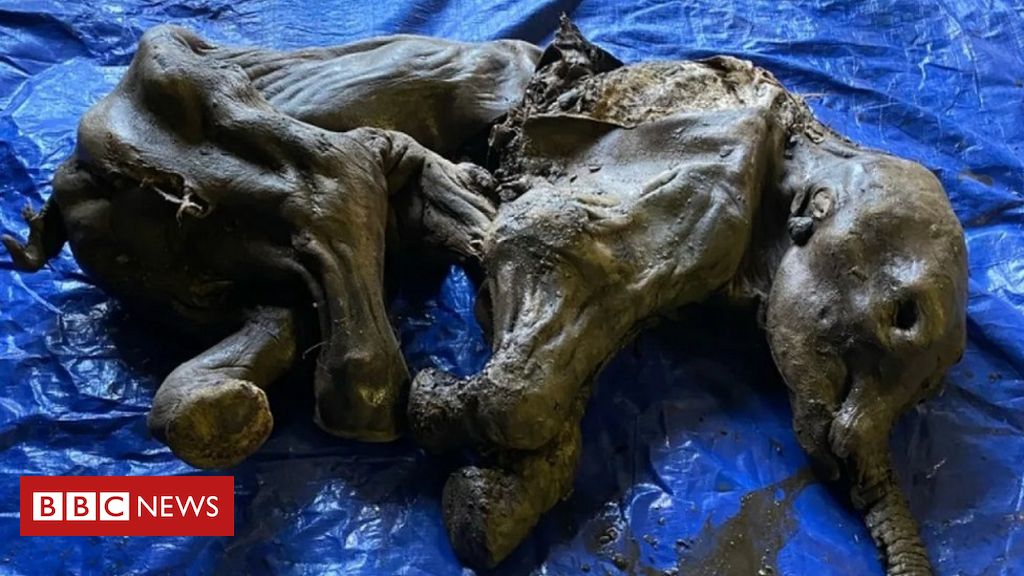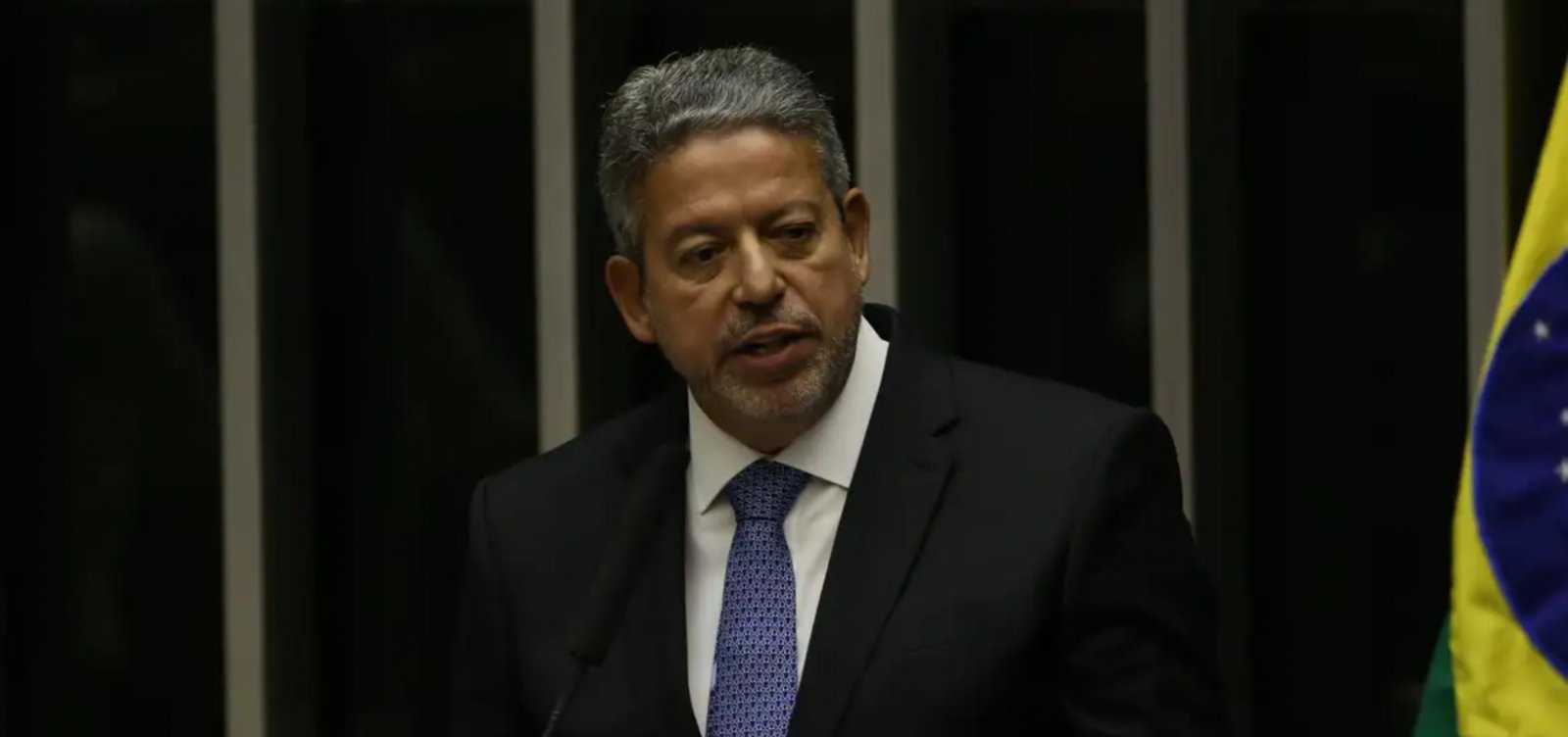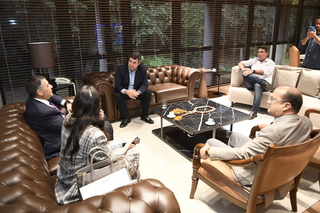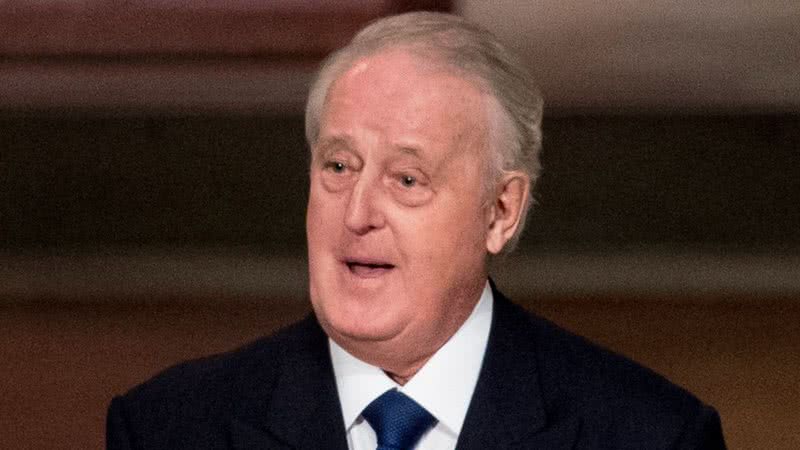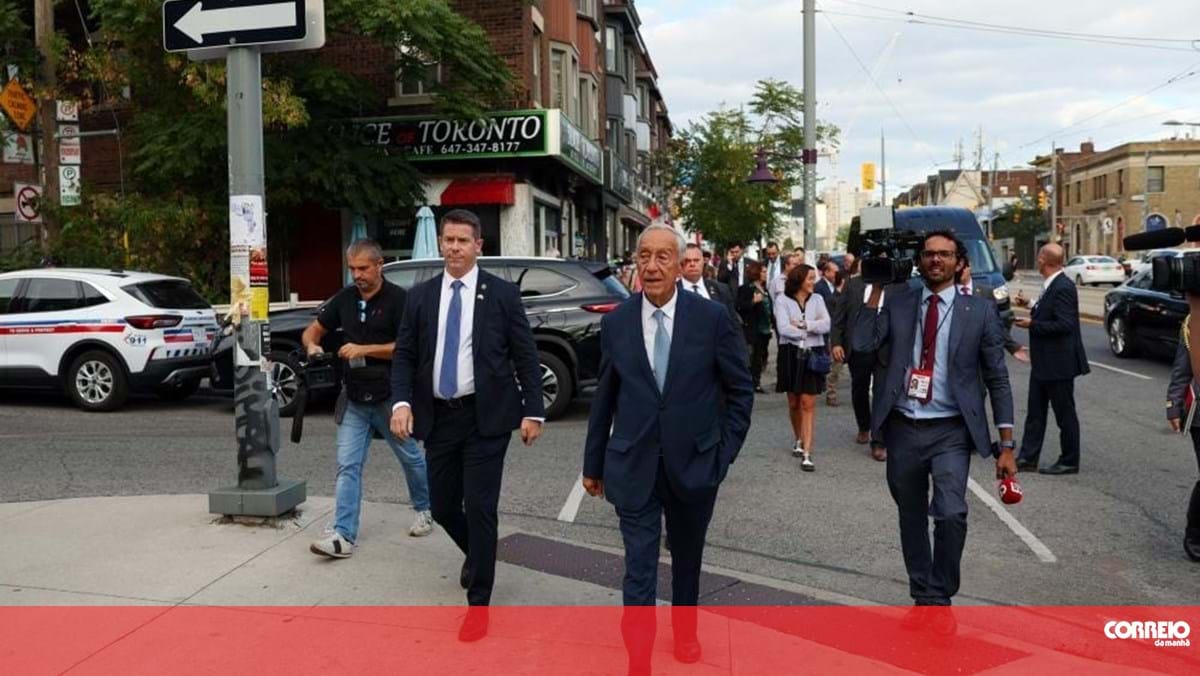“SWe are a defensive alliance, we do not seek conflict, but if conflict comes to us, we are ready and we will defend every inch of NATO territory.”warned US Secretary of State, Antony Blinken, upon arrival at Alliance headquarters in Brussels for a meeting of the North Atlantic Council at the level of heads of diplomacy.
By his side, the secretary general of the organization, Jens Stoltenberg, also emphasized that “NATO is not part of the conflict, NATO is a defense alliance”which “does not seek military conflict with Russia”, but also warns of the organization’s persistence in defending all its members.
“At the same time, we must ensure that there are no misunderstandings about our commitment to defending and protecting all allies, and as such we have increased the presence of NATO forces in the eastern part of the Alliance,” he said.
Stoltenberg pointed out that the aim of today’s meeting was “to coordinate the response to Russia’s brutal invasion of Ukraine”, but also “long-term implications”.
Blinken also said that the Allies were also preparing “the future of NATO”, commenting that “the events of the past few weeks will forge that future even more”, to be designed around the organization’s new strategic concept and the next NATO summit, “in a few months”, in June , in Madrid.
The head of US diplomacy welcomed the way, “in the face of Russia’s planned aggression against Ukraine, the Alliance is united with speed, unity and determination”, showing that “every ally, in one way or another, is to help Ukraine and the strengthening of NATO”.
Regarding recent events on the ground, the organization’s secretary general pointed out that Russia’s attack on the Ukrainian nuclear power plant in Zaporizhzhia, the largest in Europe, “well demonstrates the recklessness of this war, the importance of ending it, and the importance for Russia to withdraw all troops and commit it in good faith. good for diplomatic efforts”.
Brussels today hosted an extraordinary meeting of foreign ministers from NATO and the European Union, both in an expanded format, to discuss the ongoing war in Ukraine, on the ninth day of Russia’s military offensive.
US Secretary of State, Antony Blinken, will be present at both meetings, at which Portugal will be represented by Minister Augusto Santos Silva.
In the morning, an extraordinary meeting of the North Atlantic Council, the organization’s main political decision-making body, takes place at NATO headquarters, where each member state has a seat, at the level of the head of diplomacy, extended to chief. diplomacy of Sweden, Finland and the European Union.
Starting at 16:00 local time (15:00 from Lisbon), the 27 heads of diplomacy will meet at the fifth Extraordinary Council of European Union Foreign Ministers in just over a week, also extended.
The meeting was organized on Wednesday by the European Union’s High Representative for Foreign and Security Policy, Josep Borrell, who invited colleagues from allied countries to the meeting and the Ukrainian minister, Dmytro Kuleba, who will participate via videoconference.
In addition to the 27 people, Kuleba, Blinken and the heads of diplomacy from Britain, Liz Truss, and Canada, Melanie Joly, as well as the Secretary General of NATO, will also attend the meeting.
In the early hours of February 24, Russia launched a three-pronged military offensive in Ukraine, with ground troops and bombing of several cities. The Kiev authorities have so far caused more than 2,000 civilian deaths, including children, and, according to the United Nations, the attacks have displaced more than a million refugees in Poland, Hungary, Moldova and Romania, among other countries.
Russian President Vladimir Putin justified the “special military operation” in Ukraine with the need to demilitarize the neighboring country, saying it was the only way for Russia to defend itself and ensure that the offensive would last as long as necessary.
The attack was condemned by the international community at large, and the European Union and the United States, among others, responded by sending weapons to Ukraine and strengthening economic sanctions to further isolate Moscow.
Also Read: UNTIL MINUTES: Russia Takes Over Zaporizhzhia Power Plant; Boris calls for a truce

“Coffee aficionado nerd. Troublemaker. General communicator. Gamer. Analyst. Creator. Total brew ninja.”

